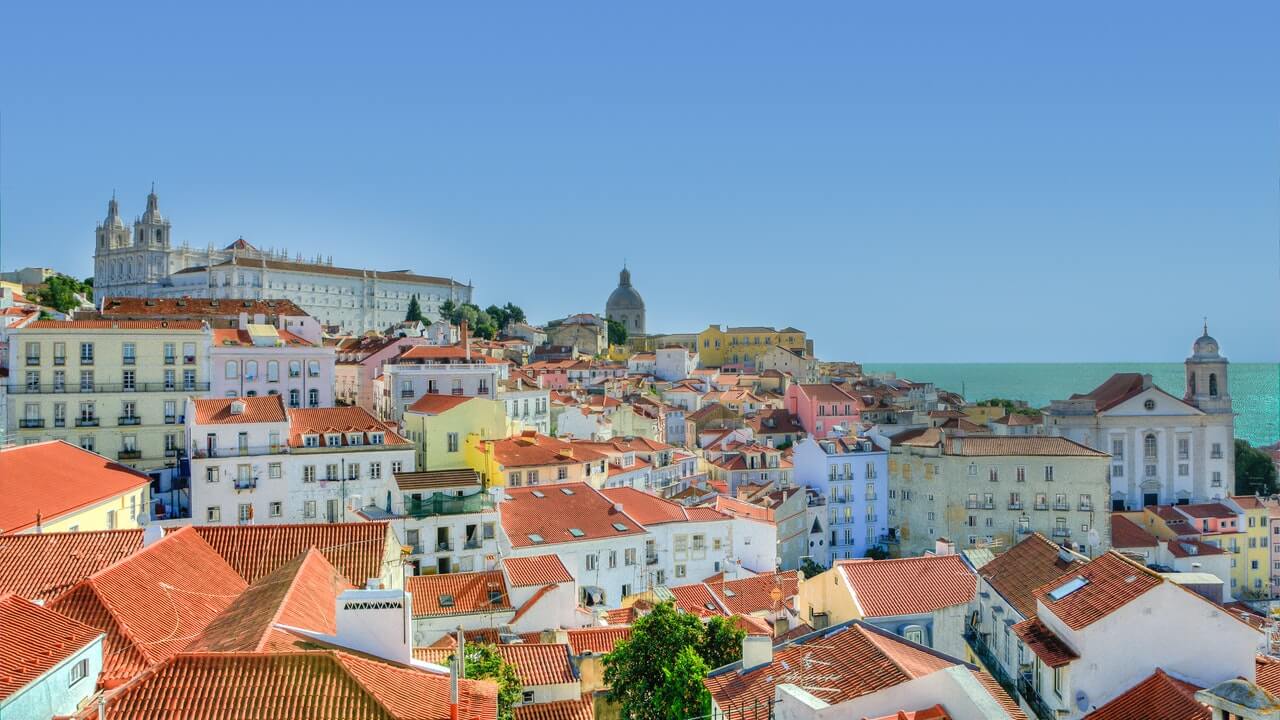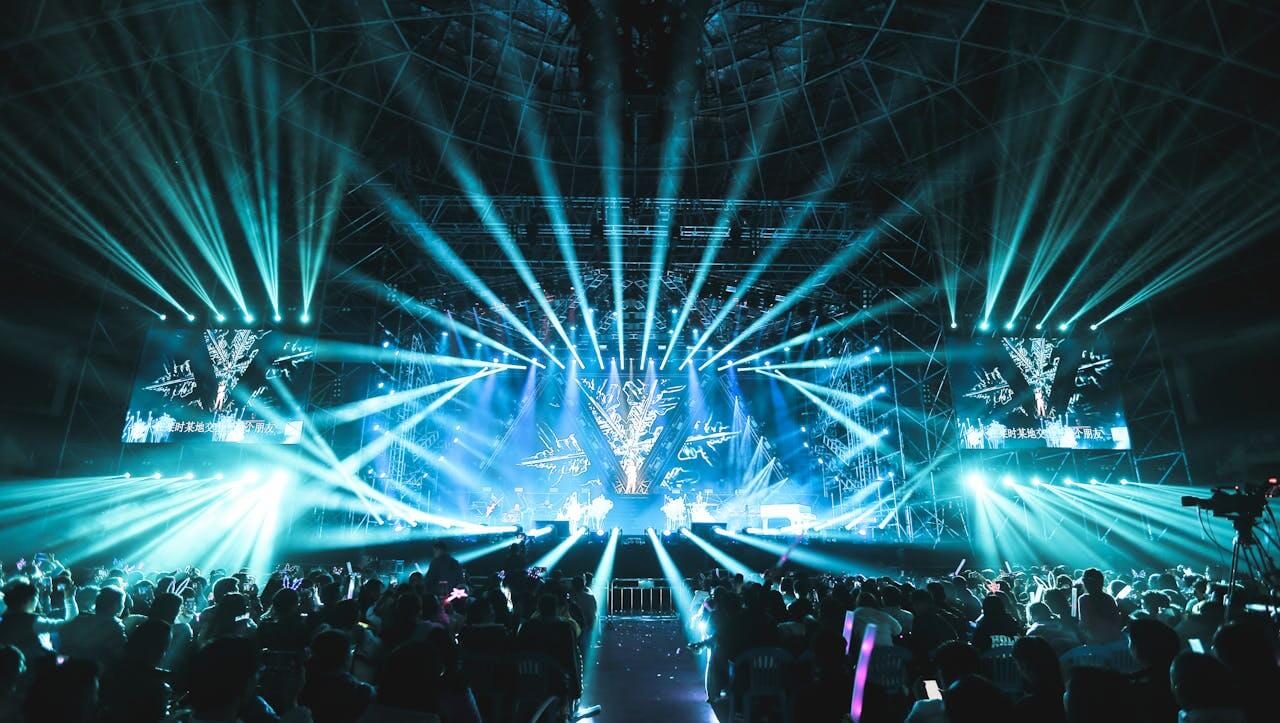
NB: This is an article by Taylor Smariga of NetAffinity
Millennials live online. In The Social Network (2010), Sean Parker says, “We lived on farms, then we lived in cities, and now we’re going to live on the internet.” Well, some of us already do.
How are millennials living online, and what are they doing there? Google’s Consumer Barometer gives insight into exactly that. We took the Customer Barometer’s data on millennials, analyzed it, and came up with 5 solid ways to apply it to your hotel’s sales and marketing strategy.
We’re going to give you 5 key insights into the millennial market, and ways to turn those insights into revenue for your hotel in 2016.
Here’s what you’ll be learning:
Sound good? Ready to find out how millennials tick? Let’s get started.
1. The Internet is Key to Growth
90% of millennials – the 16-34 year old bracket – go online every day. They visit their social media channels, watch videos, shop, and research.
Just as millennials are living online, businesses are moving there too. Hotels will always be brick-and-mortar establishments (at least until virtual reality gets much further along!), but they still need a strong, active online presence. The internet is key to growth.
Here are the basic ingredients of a strong online presence:
- A strong, responsive website. This should be modern in its design and features, and reflective of your hotel’s personality. Are you a vintage hotel? Professional? Themed? Make sure you use strong imagery throughout your site to make it your own – no stock photos, and no low-quality snapshots! Images are some of the most important pieces of a hotel website.
- Social media. We’ll go more into depth on this one later, but for now, think of social channels as an opportunity to a) provide instant customer service, b) connect to your target audience on their home turf, and c) show off all your great reviews and get customer feedback in a public space.
- Being on the right channels. For most independent hoteliers, OTAs are a must – but that doesn’t mean you should be on all of them! Test out different channels, do your research, and find out which channels suit your hotel and give you the highest return on your investment. Have a solid, documented strategy for dealing with OTAs. This can give you an edge in a relationship where you might not otherwise feel you have control. Lastly, once you have your OTAs and a strategy behind your presence, optimise your profiles! Again, strong images, powerful descriptions, and a thorough listing of your hotel’s amenities will help you here.
If you’re already on top of these things, excellent. If you’re wondering whether your website is where it should be, here are 5 key ingredients for high converting hotel websites. For advice on OTAs, here’s a compilation of great pieces on building an OTA strategy.
2. Search Engines Are Your Friend
“Just Google it” has become a common refrain in members of the younger generations, and in more than a few of the older, too! 55% of millennials go to search engines when they do product research – including hotel rooms.
The fact that hoteliers can take advantage of our reliance on search engines is clear: SEO is a field unto itself. While there is much debate about which ranking factors the world’s leading search engine algorithms rely upon, there are also whole hosts of expert opinions to help you on your quest.
Beyond the technical details, though, here are two tried-and-tested SEO strategies you can use for your hotel:
- Focus on link quality, not quantity. If people are linking to your site, you want them to be trusted authority sites, like official Irish tourism sites or well-known travel bloggers. One great link in an authoritative, high-traffic site is going to get your hotel website more visitors than a dozen links on mediocre sites.
- Look at your social channels. Google and other search engines tend to take notice of your social media presence, and that affects the ranking of your main site. Best practices here usually involve finding your strongest 2 or 3 channels (Twitter? Facebook? Instagram?) and developing a strong, active presence there. That means posting interesting, engaging things, and talking to your guests when they talk to you.
A word of caution: SEO isn’t the end-all and be-all of getting your potential guests’ attention. It’s a first step. Think of SEO as a building block to help you build your site and focus your message. After your SEO is solid, focus on more interactive ways of marketing, like running campaigns, creating content and doing outreach to your target audience.
To implement these SEO tips and find out more ways to rise in the ranks, talk to your hotel’s resident marketing gurus! If you find yourself getting stuck, feel free to reach outto Net Affinity’s marketing experts. SEO is one of our specialties, and we’re happy to have a chat.
3. Mobile Can’t be Ignored
Mobile is on the rise in every demographic, but none more so than in the millennial niche.3 out of 4 millennials use their mobile devices at least as often as they do a computer, with 1 out of 3 going online more often via their smartphones.
Their mobile usage isn’t just about social media and Google Maps, either: 20.7% of all bookings were on mobile in 2015, according to Net Affinity’s own data. Is your mobile site up to snuff?
The up-to-date users, which millennials assuredly are, expect a responsive mobile site. It’s not just a nice bonus anymore. If someone lands on your mobile site and finds themselves having to zoom in just to read your navigation bar, they’re not likely to do much research on your hotel, much less try to complete a booking.
Along with frequent use of multiple devices, most of us have a shorter attention span. That means you need to grab that attention as quickly as possible, and make it easy for millennials to get interested in what you’ve got.
Here’s a more in-depth look at the importance of mobile across all demographics, and different options your hotel has for making a beautiful mobile site.
4. Video is Addictive
To give you an idea of how important video is to the average millennial, 40% of them use YouTube at least once a day, and 20% consider YouTube videos more relevant and interesting than TV.
It’s clear to see that video has a serious foothold in the modern imagination. The ease with which short ones can be watched, engaged with and shared is practically a recipe for viral reach – if you can get it right. Millennials are, unsurprisingly, the most likely group to watch videos. However, those 55 and older are second most likely. Video’s appeal is as broad as it is sure.
That’s why you need a video marketing strategy for your hotel.
Video marketing is key when it comes to mobile. In research conducted by Ipsos for Google, it was found that ‘micro-moments’ of truth are the new cornerstone of selling. In turn, they found that many of these moments happen specifically when people are watching video on their mobile devices.
2016 is going to be a major year for video on mobile: Facebook has 8 million video views every day, a figure which has doubled in the last 6 months, and 55% of mobile data trafficcomes through mobile. Google will be incorporating video ads in search results, and advertisers are making videos 15 seconds or less to run on social media apps. Those ‘micro-moments’ are exploding.
In a recent Tnooz article, statistics from Google UK sales director Dr. Bernd Fauser were cited, and they’re very compelling:
- 65% of consumers use video when thinking about taking a trip
- 63% use video when deciding on an accommodation
- 67% use video when deciding on activities
So, how do you make videos for your hotel? They don’t need to be massive projectswith corresponding budgets. If you’re doing a silent video, even the camera on an iPhone will work – as an added advantage, it strips away a layer of formality and makes your video come across as more authentic.
Another easy way to create video might be to run a video contest for your guests. Run a contest where guests are encouraged to create videos of themselves at your hotel. Since that can be quite a project, make sure to offer a suitable incentive.
For ideas, here’s a link to some of the best video travel bloggers on the internet – go get inspired!
5. Social Media Lets You Share
Millennials love to share news about themselves online, and they do it more trustingly and more often than any other generation. They engage with others, too: half of all millennials comment on or ‘like’ a friend’s post at least once a day.
Social media is a way to create a dialogue with your potential guests. Contests are popular among millennials, and vivid imagery that accompanies your posts will help you grab attention.
Another key factor on social media is speed: you can respond to problems immediately, and many will expect you to. It’s all public, so if you aren’t responding to your guests’ comments, it’s going to be noticed, and it could be a serious downside for your some potential guests..
However, the most important rule is to be genuine on social media. Remember, you’re not talking to a demographic. You’re talking to a person, and if they’re talking to you, they’re probably at least a little interested in staying at your hotel.
So, beyond those basic rules, are there ways to excel on each platform? Of course! Here are a few:
Top Millennial Platforms
- Instagram is a rising star, especially for hotels to show off their great visuals (think: rooms, views, food). The 1888 boutique hotel in Sydney has even branded itself asThe Instagram Hotel. They have an ‘Insta-walk’ of the city, offer free stays to Instagram users with more than 10,000 followers, and offer a ‘Selfie Space’ in their lobby.
- Twitter has more than 230 million monthly active users, and about 60 million of their tweets mentioned ‘hotel’ over the course of 2015. For hotels, Twitter can get you exposure, but even more importantly, it can offer a sort of concierge service to your guests. Use it to highlight local events and activities, share your best features, and use it as customer service. People often tweet complaints or questions to businesses – make sure you stay on top of those! Here’s 9 best practices for hotels on Twitter that you can put into play straight away.
- Facebook is a strong option: you can showcase visuals, provide contact details, create a call to action button, and activate reviews. It’s the all-in-one of social media, and the level of activity the platform enjoys proves it. Here’s our 13 top waysto upgrade your Facebook presence.
Those are the only channels we’ll cover here, although hotels are dipping their toes in places like YouTube and Snapchat as well. To find the right mediums for your hotel, test out different platforms and find out where your voice stands out.
To get ahead of the game, give your hotel a crash course in social selling!
Conclusion
There you have it: 5 of the most important trends and patterns to millennials, and ways to turn those trends into an advantage for your hotel. If millennials are living on the internet – and many are – it’s time to use the internet to attract their interest and get your hotel more revenue.










